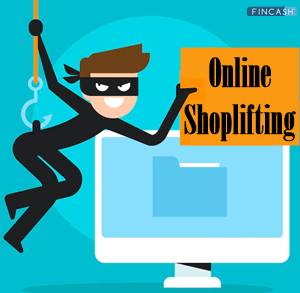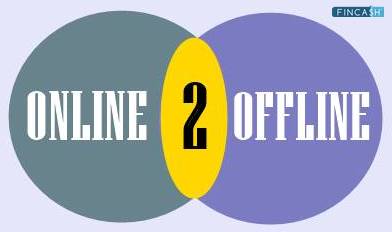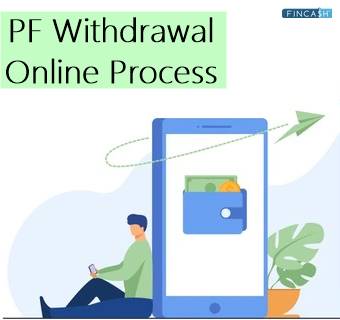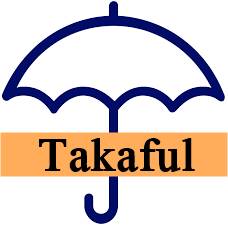
Table of Contents
Meaning of Online Shoplifting
Most customers would never consider putting a piece of jewellery into their purse and leaving without paying for it. They'd never consume a candy bar and "forget" it while shopping. However, a sort of theft does not require a customer to enter a store. As a result, customers may not be aware of it being an issue. It's known as "online shoplifting," and a chargeback is a mechanism that allows these heists to take place.

As the shoplifter never contacts the victim and completes the fraud with a few keystrokes and mouse clicks, online stealing may appear innocuous. However, it is still a crime, and internet shoplifters may face substantial legal consequences, such as mail fraud charges.
How does Online Shoplifting Work?
Credit card chargebacks are one method of committing online shoplifting. A consumer uses any credit card to purchase things online, receives the products, and files a statement to the credit card company stating they never received the goods. As a result, the credit card company files a chargeback, requiring the merchant to repay the client. Even if the customer has never visited the merchant's location, they have effectively shoplifted by fraudulently obtaining products without paying for them through the chargeback procedure.
Furthermore, if a credit card payment processor receives too many chargeback demands for the same business, it may quit doing the business. As it can no longer accept a certain credit card brand, the online merchant suffers secondary damage from online stealing. This could lead to a drop in sales as customers will be inconvenienced by the inability to use that card. Chargebacks are not exactly fraudulent, but retailers and credit card issuers become concerned when consumers abuse a tool designed to protect them.
Talk to our investment specialist
Online Shoplifting Types
Piracy is another method of conducting online shoplifting. Illegally downloading copyrighted music, books, or movies for free rather than acquiring them legitimately is a sort of online theft that defrauds both producers and distributors.
For numerous reasons, the problem has been difficult to solve:
- The consumers of pirated content wish for it to be free or available at a low cost
- Media firms frequently lack the resources to respond to the rising demand for free content; the digital media "underworld" moves faster than big businesses, with global conglomerates of intelligent hackers and pirates joining forces
- Third, the widespread availability of user-generated material allows anyone to create and disseminate information without even recognising that they are infringing on a copyright
- There is no silver bullet or uniform set of best practices to keep pirates at bay for finding a solution. To limit losses and ensure that feedback loops exist, companies will need to piece together their asset-protection strategies
Online Shoplifting Examples
Piracy is one method of performing internet shoplifting. Downloading copyrighted music, books, or movies for free rather than acquiring them legally is a sort of online theft that deprives both authors and distributors.
For numerous reasons, the issue of piracy has been a challenge. Consumers who pirate content want it for free or at a very low cost. Additionally, media corporations lack the resources to accommodate the growing demand for free content.
With conglomerates of talented hackers and pirates joining forces worldwide, "underworld" digital media spreads faster than huge enterprises. Second, the quantity of user-generated material encourages everyone to create and disseminate content, even if they are unaware of committing copyright infringement.
Solutions to Online Shoplifting
So, what should business owners do? Here are the steps that can be undertaken:
- To begin, determine which goods are being targeted. However, as these tendencies fluctuate over time, it's more vital to be aware of the most common types of fraud
- Second, it is critical to identify clients by linking digital accounts to their physical owners
Conclusion
The increased number of online orders has strained retailers' manual inspection teams. As the 'immediate' has become king, and fraudsters have honed their skill by employing complex fraud techniques, manual review teams must strike the correct balance between promptly approving orders, providing a frictionless customer experience, and detecting fraud.
Supermarkets are under a lot of stress. Customers expect their orders to be completed swiftly when they place them online. Many retailers are now working with fraud prevention companies that keep track of changing patterns.
All efforts have been made to ensure the information provided here is accurate. However, no guarantees are made regarding correctness of data. Please verify with scheme information document before making any investment.












